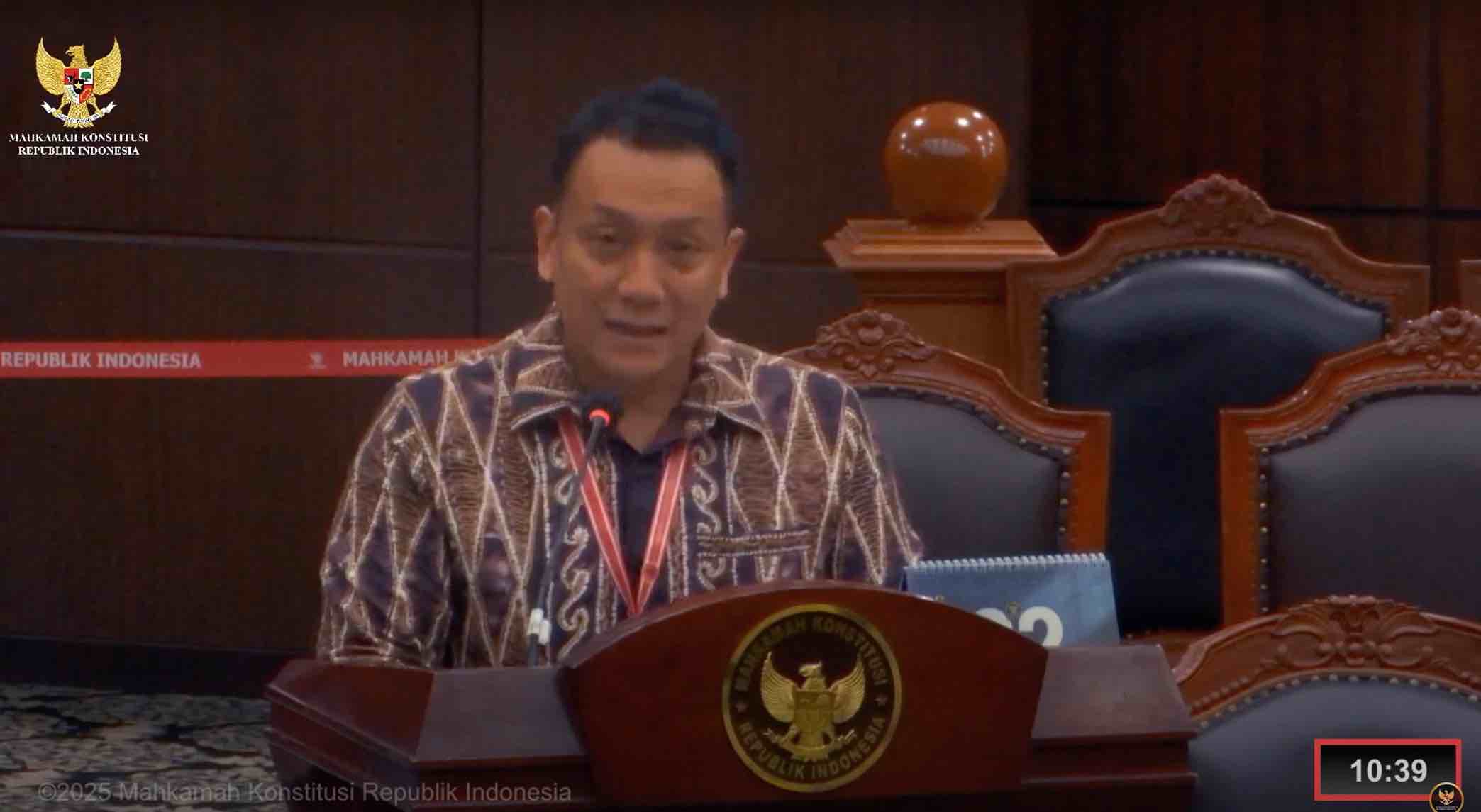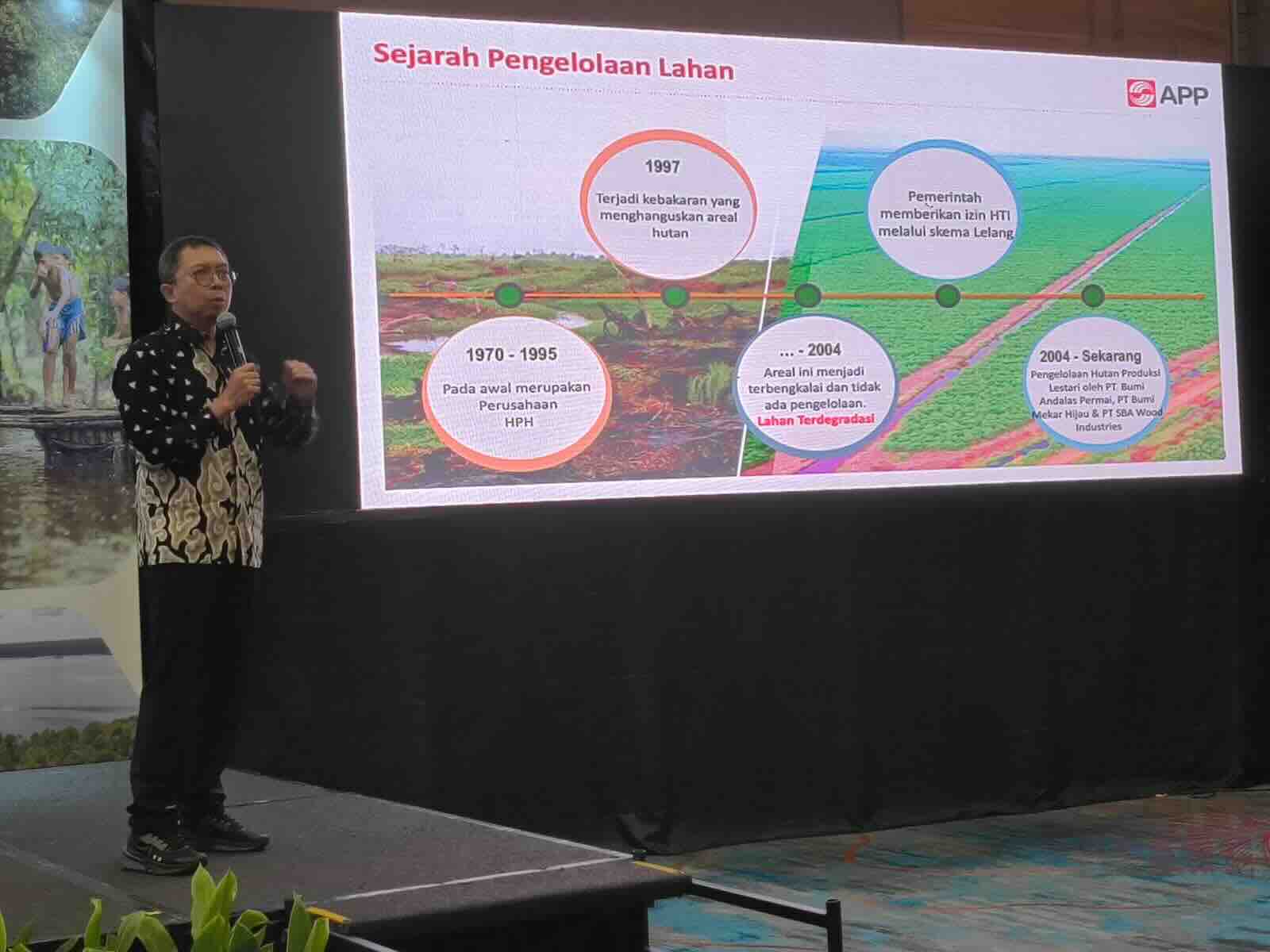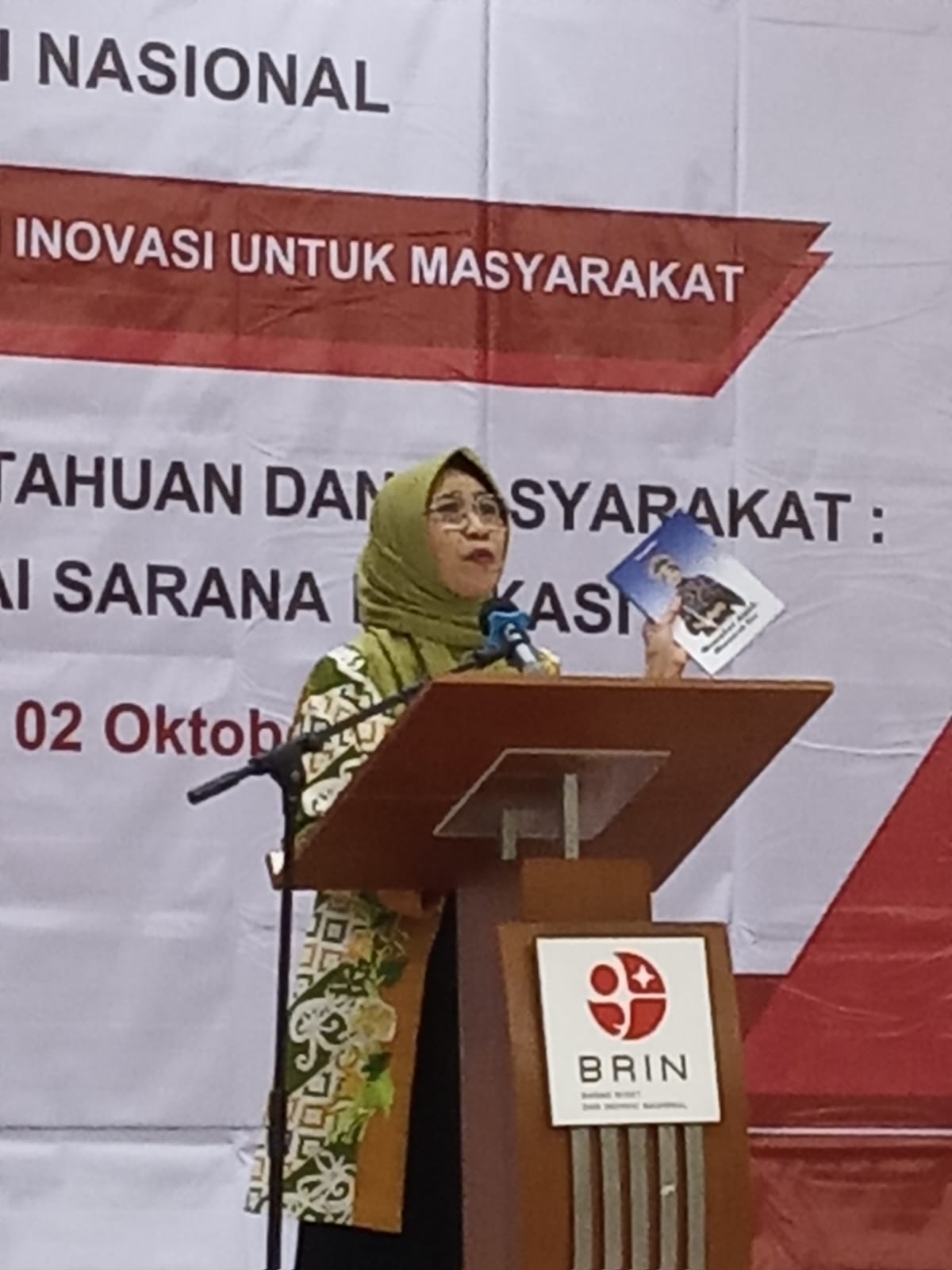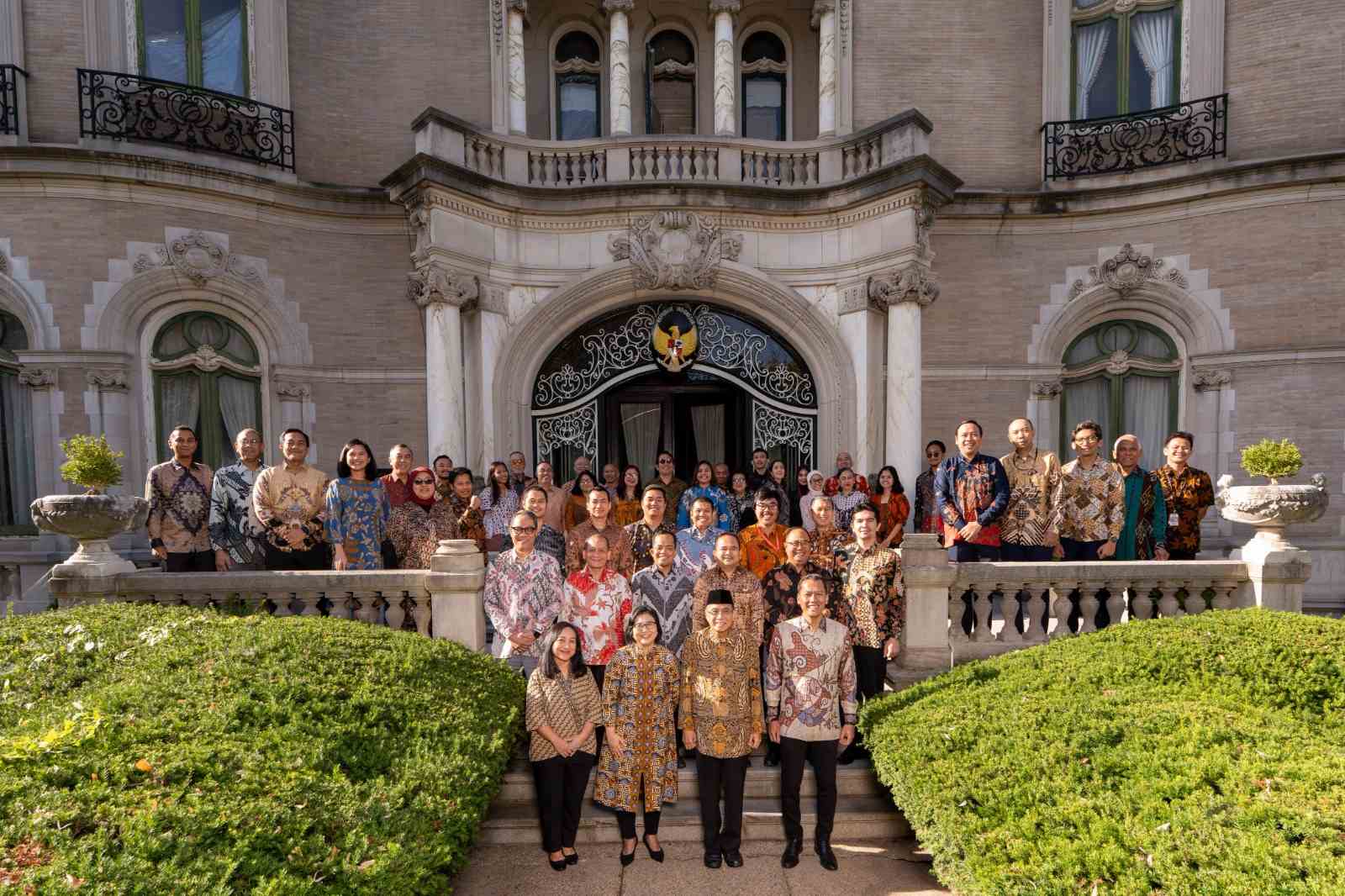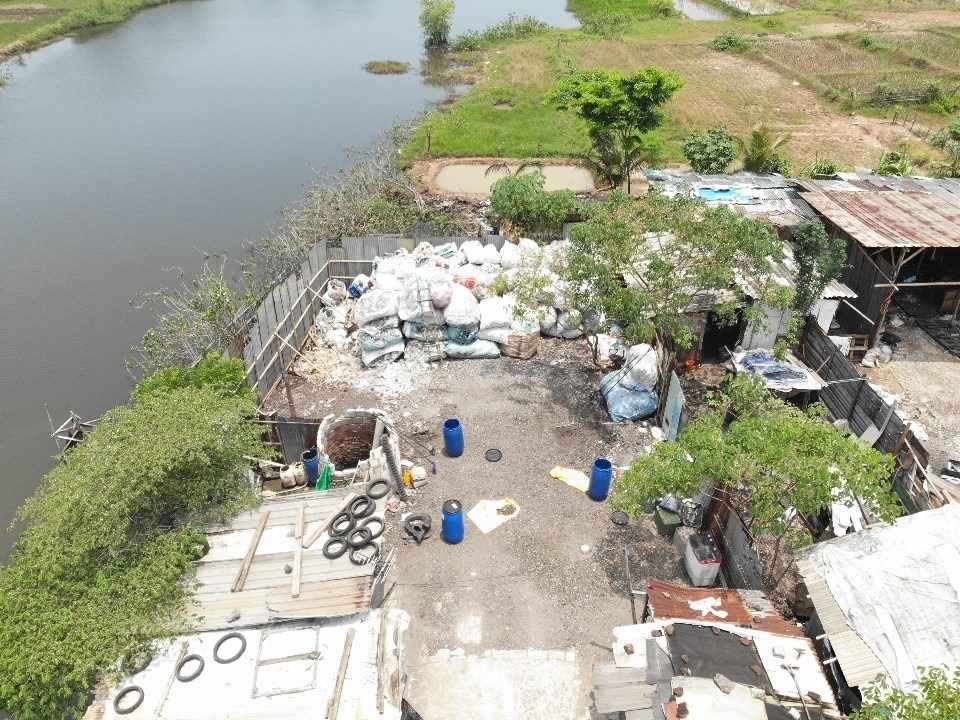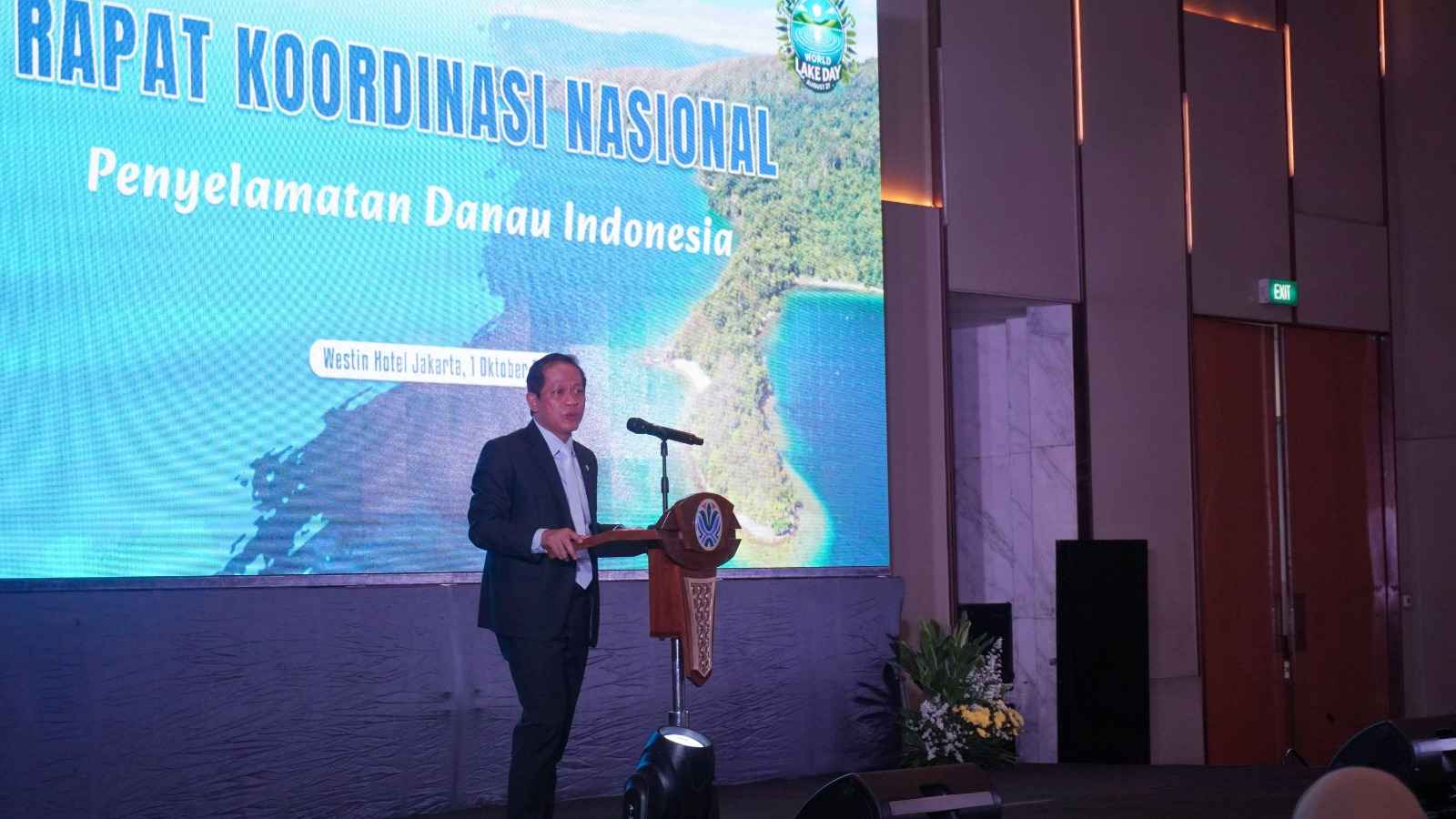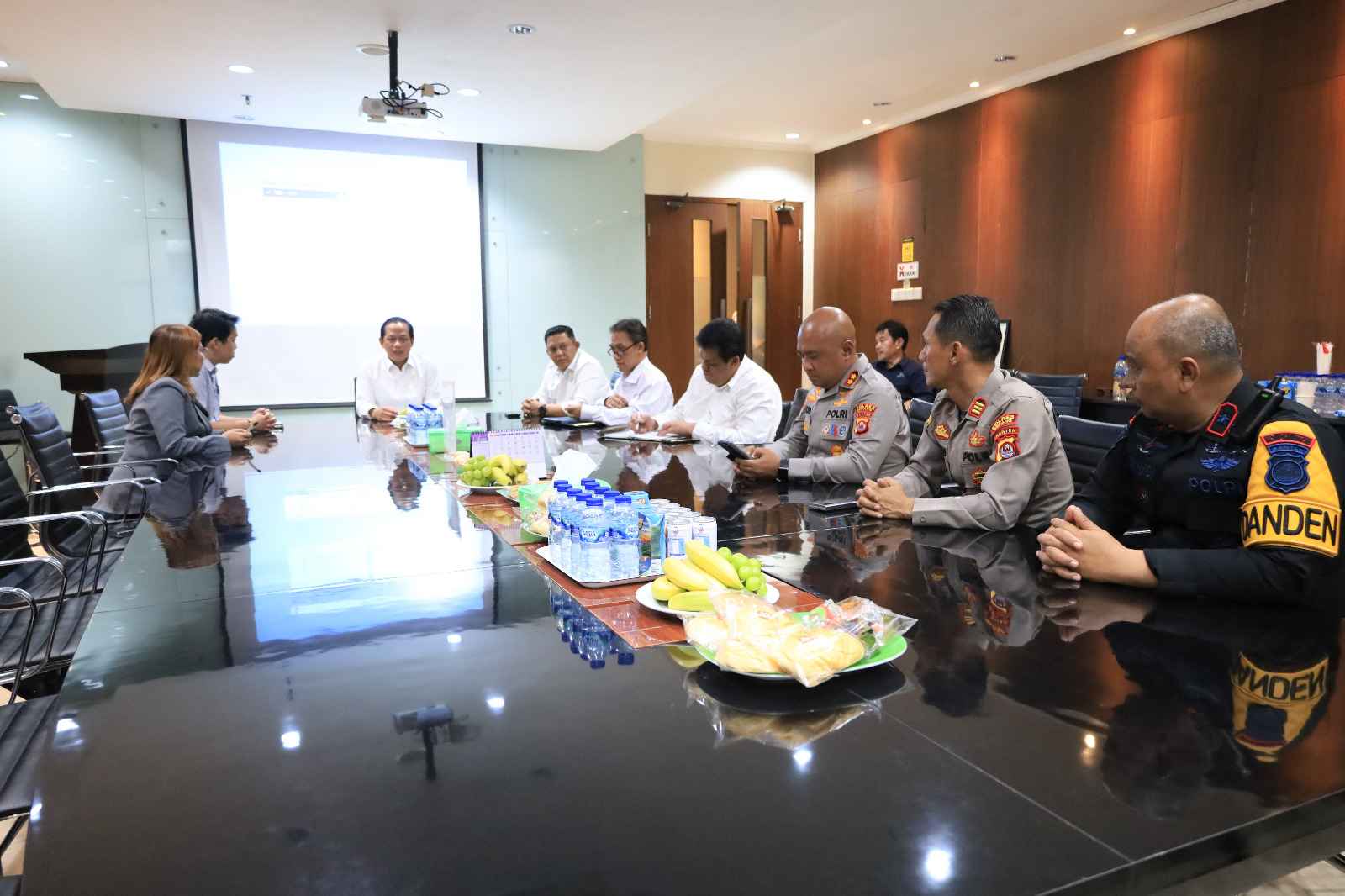Enviro News Asia, Jakarta — The Indonesian government reaffirmed its commitment to environmental protection during a judicial review hearing for Law No. 6 of 2023 on Job Creation at the Constitutional Court.
Representing the government, Vice Minister of Environment and Vice Head of the Environmental Control Agency, Diaz Hendropriyono, presented the President’s statement on Monday, August 25, 2025.
The government argued that the changes in the Job Creation Law were designed to simplify regulations and improve governance without compromising the substance of environmental protection.
Hendropriyono asserted that the applicant, the Indonesian Forum for the Environment (WALHI), lacked legal standing because the claimed losses were speculative and not actual.
“The applicant has not concretely detailed the specific losses directly experienced by them as a private legal entity,” Hendropriyono stated. “The alleged losses are assumptions about future negative impacts, not actual or certain losses.”
On the issue of public participation, the government explained that the law focuses input on communities directly affected by a project, ensuring more relevant and substantive feedback.
The government also maintained that environmental groups can still participate through other channels, such as providing suggestions during the announcement and assessment phases of environmental impact analysis (Amdal) documents.
The government also detailed the change in terminology from “environmental permit” to “environmental approval” as a measure for good governance and simplification.
Hendropriyono emphasized that environmental protection remains a prerequisite for all business activities. “A business activity must have environmental approval, which is issued after it is declared feasible through a strict Amdal and UKL-UPL mechanism,” he explained. “Without a green light on the environmental approval aspect, a business license will never be issued.”
The Constitutional Court’s Judicial Panel, including Judges Saldi Isra, Enny Nurbaningsih, Daniel Yusmic, Ridwan Mansyur, Arief Hidayat, and Arsul Sani, requested additional clarifications from the government.
Judge Enny Nurbaningsih asked for a comprehensive justification for regulatory overlaps, while Judge Arief Hidayat underscored that environmental management involves intergenerational justice.
“Environmental management concerns intergenerational justice; if we err now, the consequences will extend to the future,” Hidayat said.
The court instructed the government to prepare a written addendum for the next hearing on Tuesday, September 2, 2025, which will also feature statements from the House of Representatives and two expert witnesses from the applicant’s side. (*)




